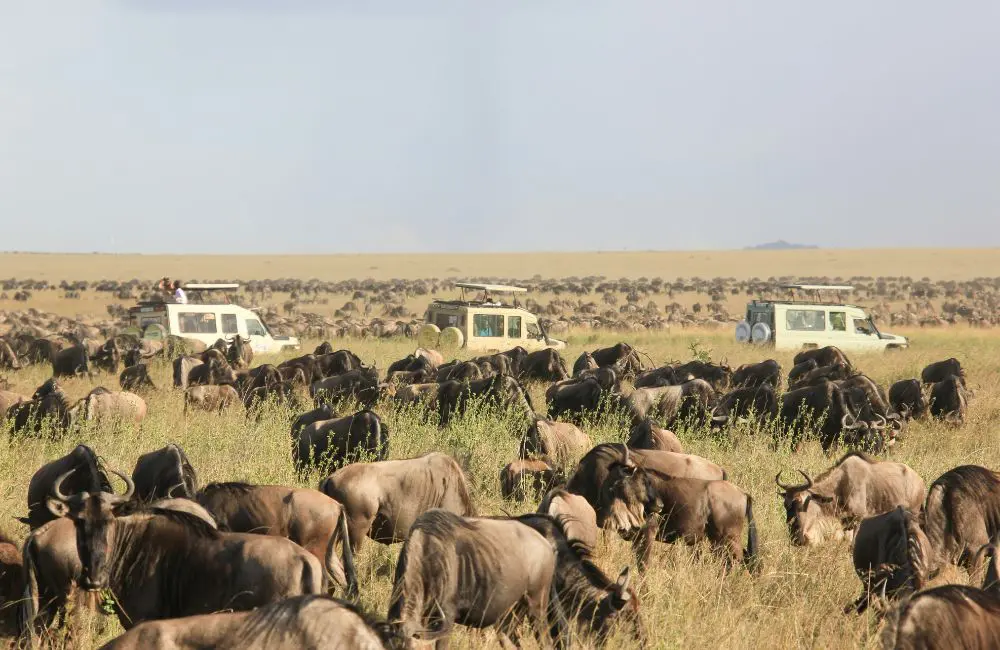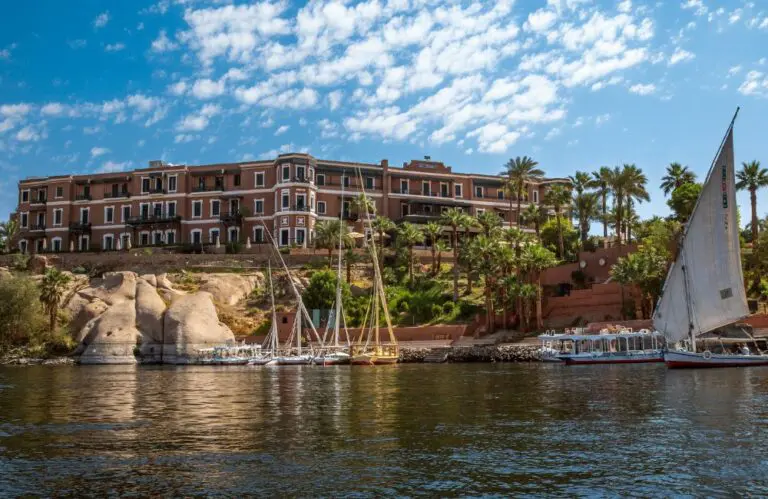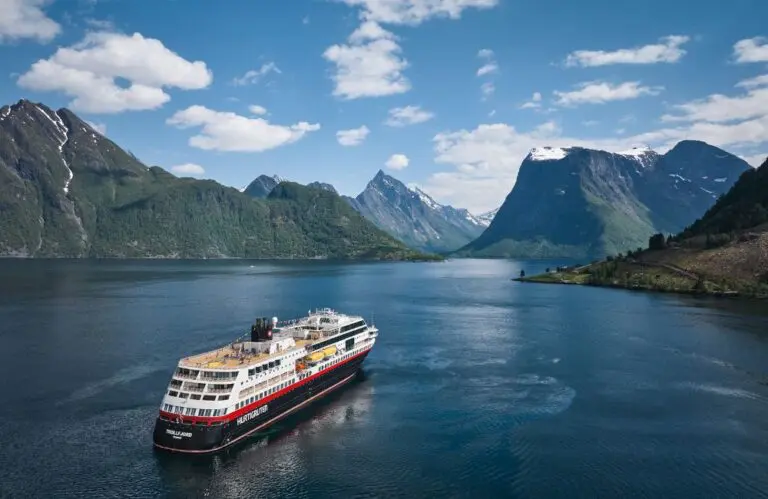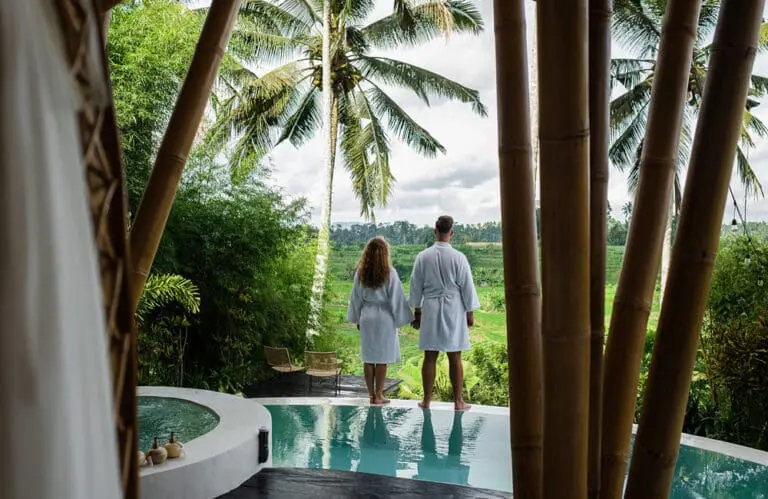Many luxury travellers are now starting to plan for next year’s safari season in Africa, but has overcrowding meant we’ve lost the experience we go for in the first place, and by directing luxury travellers there are you helping or hindering?
The safari tourism resurgence is undeniable. In 2024, the continent welcomed approximately 74 million international arrivals – 7.4 per cent above 2019 and 13.5 per cent higher than in 2023. But it’s not just the numbers that are the problem; it’s how we’re experiencing safari.
As HVS, a global consulting firm for the hospitality industry, points out, certain areas have “witnessed alarming scenes of overcrowding, with numerous safari vehicles converging at wildlife crossings, disrupting animal behaviours and endangering both wildlife and tourists”.
And then there are the viral videos, like this one by @cheetahguardians, which is almost too distressing to watch – so what part are luxury travellers playing, and are you, as an advisor, helping or hindering?
According to South African-based Cameron Doyle, a specialist in conservation tourism and consultant to the luxury eco-lodges and conservation-minded hotels group Mantis Collection, the problem “may get worse before it gets better”.
“Unfortunately, we’re not talking about isolated incidents, but rather a pattern of behaviour that’s becoming more and more visible.
“However, videos like the one circulating now are important. They help change the narrative around what “good tourism” looks like and why it matters. If we want true eco-tourism, we have to hold ourselves accountable for both the impact and the experience.
He says ultimately, it’s not about discouraging travel to the area, but about encouraging the right kind of travel.
“However, we must be cautious not to simply shift the problem. Redirecting large volumes of tourists to other parks without proper destination management could replicate the same challenges elsewhere.
“The solution lies in a unified approach to conservation-focused tourism, led by park authorities, hospitality groups like Mantis, and everyone involved in the guest journey, from booking agents to receptionists.”

South African-born Margi Jansma, who is Managing Director of Luxury Travel Marketing, says for the most part, luxury travellers are doing the right thing.
“Due to the self-drive model in the Kruger National Park, there is no control over the number of vehicles at a sighting and speed limits are not adhered to, so this is barely conservation-friendly, which makes certain behaviour of tourists almost impossible to manage.
“On the flip side, luxury travellers are heading into private concessions in the game management areas and parks where, for the most part, you can’t self-drive as you have trained safari professionals, guides and trackers ensuring the right rules are adhered to by both the lodges and the guests alike.”
She says the experience is completely different.
“I feel like because of the hype, the luxury traveller is saying, what part of my tourist dollar is going back into long-term sustainability, protecting wildlife and giving back to the local communities”.
She says the problem comes down to one of education.
“There are those who go on safari and listen to what the guide is telling them, for example, don’t stand up, don’t make loud noises, and then there are others who do not. So it really is an educational piece both from lodges and from tourists as well – people need to know and respect what the guide is telling them.”
She says as well as the onus being on travellers, it’s also on those selling safari experiences.
“A lot of conservation-minded companies are steering away from anything that has physical contact with wildlife, so taking people to where you can stroke a leopard, feed an elephant or where giraffes come to the window and eat out of people’s hands, that’s not conservation-friendly, so we find many Africa market professionals refuse to sell them.”
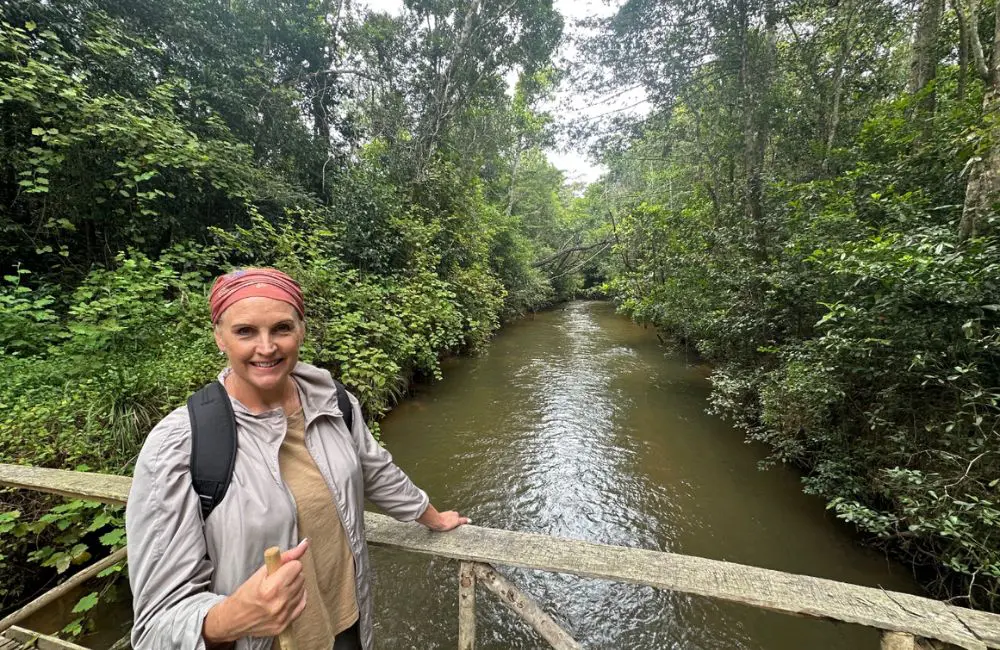
Take Off Go Managing Director Ivona Siniarska is an African safari specialist who has been to Africa 40 times, and says the onus is on advisors to guide travellers towards experiences that don’t just showcase Africa’s beauty, but also protect it.
“That means encouraging guests to go beyond the obvious to explore less-visited regions, private concessions, and community-run areas where tourism directly supports conservation and local livelihoods.
“Some of the most extraordinary wildlife moments happen away from the crowds, in places where your presence truly matters.”
She says equally luxury travellers can make a big difference by asking the right questions.
“Look for properties that limit guest numbers, operate sustainably, have onsite initiatives you can visit and give back to the land and communities they’re part of.
“Choosing to stay longer in one place rather than hopping between multiple reserves not only reduces your footprint, but also deepens your connection with the people and the place. Africa can offer so much more than just luxury; true luxury in the bush is about meaning.
“Travellers should embrace the idea that exclusivity doesn’t just mean luxury – it means space, silence, and sustainability. Choosing destinations with limited guest numbers, eco-sensitive operations, and genuine ties to conservation ensures that the Africa they experience – and fall in love with – remains protected for generations to come.”

As Doyle says, ultimately we are all responsible and there needs to be the creation, enforcement and proper management of strict wildlife viewing and guiding protocols in the Serengeti.
“Park authorities should be conducting rigorous vetting of tour operators, and those companies should be required to publish their guiding ethics and conservation principles publicly to encourage tourists to make informed choices and support responsible tourism.
“Implementing a permit-based access system for peak migration crossings could spread tourism more evenly across the park and across the calendar year. This would encourage tourists to explore lesser-known but equally rich areas of the Serengeti and Tanzania as a whole.”
He says put simply, there should be no situation where it should be acceptable for people to exit their vehicles during an event like a river crossing.
“It endangers both people and wildlife and compromises the integrity of the entire experience.
“If we expect better from tourists, we must first demand better from the professionals entrusted to guide them.”



